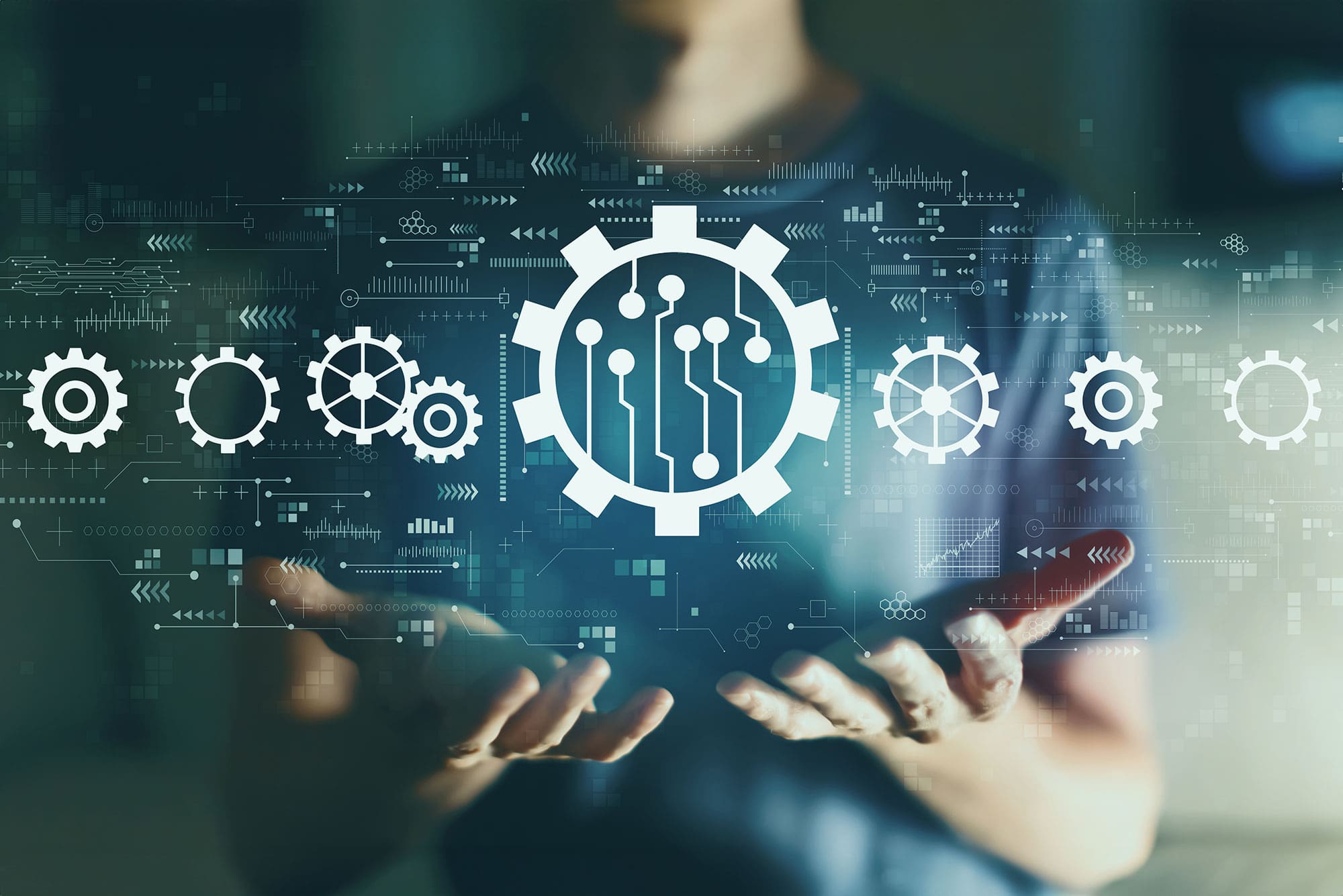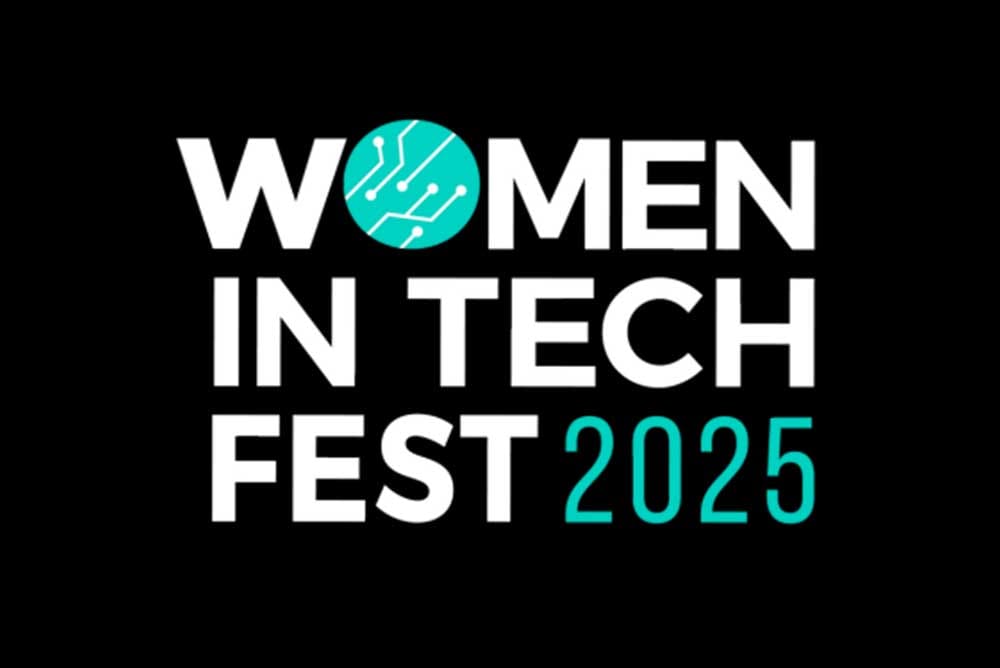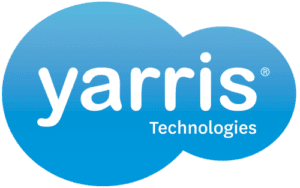8 Legal Technology Trends Changing In-House Legal Departments
With the rise of artificial intelligence, staying ahead of emerging legal technology trends has never been more critical for in-house legal teams. The legal profession was traditionally resistant to new tech, but now embraces new legal technology as it offers extensive benefits in an era where efficiency, cost-effectiveness and strategic alignment are paramount.
The evolution of legal technology has been nothing short of remarkable. Over the years, technological advancements have revolutionized how legal professionals operate and transform the legal landscape. From the early days of computerized legal research and word processing to the present era of artificial intelligence, machine learning and blockchain, legal tech has become an indispensable tool for innovative legal departments.
How is legal technology used in legal teams?
Emerging legal technology trends offer exciting opportunities for the legal sector to improve operations, transparency and workflows.
Increased efficiency
Legal AI and technology enable the automation of repetitive and time-consuming tasks, such as document review, contract analysis, and research. By leveraging legal process automation, machine learning, natural language processing, and AI-powered tools, in-house legal teams can quickly analyse large amounts of data, extract relevant information, and glean valuable insights. This allows legal departments to focus on higher-value tasks, enhancing efficiency and saving time.
Improved accuracy
Human error is an inherent risk in legal practice. However, legal AI and technology can mitigate this risk by providing consistent and accurate results. AI algorithms can process data with great precision, minimising the chances of oversight or inconsistency.
Cost reduction and predictability
Adopting legal AI and law technology software can lead to substantial cost savings for in-house legal teams. Automation of routine tasks eliminates the need for manual labour and reduces the associated costs. Legal technology solutions can streamline processes, optimise workflows, and enhance resource allocation, leading to greater cost predictability and budget control.
Better access to legal information
Legal AI and technology have transformed how legal professionals access and use legal information. Online databases, electronic research platforms and legal knowledge management systems provide instant access to legal resources. Advanced search algorithms and semantic analysis capabilities enable lawyers to quickly find relevant cases, statutes, regulations and legal precedents, enhancing the speed and accuracy of legal research.
Strengthened compliance and risk management
Legal AI and technology are crucial in bolstering compliance efforts and managing legal risks. With the ability to analyse large volumes of data and track changes in laws and regulations, AI-powered tools can identify potential compliance gaps, flag inconsistencies, and ensure adherence to legal requirements. Moreover, legal technology solutions can assist in risk assessment, offering proactive insights into potential risks and helping legal teams develop effective risk mitigation strategies.
By embracing these advancements, legal professionals can deliver better outcomes for their organizations and adapt to the evolving demands of the legal landscape.
8 top emerging legal technology trends
Legal technology covers a wide range of innovations. Here are the most popular legal technology trends that are being adopted by in-house teams.
1. Document automation in legal teams
Document automation tools use templates, pre-set clauses and conditional logic to automate the assembly of documents based on user inputs or data integration from other systems. This important legal technology trend offers several opportunities for in-house legal departments, such as increased efficiency, time savings and improved accuracy.
By automating the assembly of legal documents, teams can reduce the manual labour involved in legal document drafting, ensuring consistency and adherence to predefined templates and clauses. For example, legal teams can use document automation tools to generate customised documents based on specific department needs or tailor legal letters with minimal effort.
Legal document automation can be integrated with existing systems, such as legal contract automation platforms or practice management software, enhancing the overall workflow and reducing duplicate data entry and repetitive tasks.
2. Artificial intelligence
Artificial intelligence (AI) is transforming the legal field, boosting human capabilities and delivering valuable insights to enhance the capabilities of legal departments. Legal AI allows legal professionals to analyse large volumes of data, spot patterns, and predict outcomes. Take contract analysis, for instance. Legal AI can review contracts, extract key terms, identify potential risks and revolutionize due diligence processes.
AI for legal teams enables faster and more accurate research, contract analysis and due diligence. AI-powered tools help predict case outcomes, uncover patterns in legal data, and provide valuable insights to guide decision-making.
3. Legal research
A 2022 report by Thomson Reuters found that legal departments spend considerable time on legal research. Over one in two in-house legal professionals (54%) spend 30 minutes to three hours daily conducting legal research.
Legal tech offers numerous opportunities for in-house legal teams to improve their research capabilities. AI-powered research platforms enable faster and more comprehensive searches, extracting relevant information from vast databases and providing insights and analysis. It can also be used for case analysis, contracts and legal document review, due diligence and legal opinion preparation.
AI legal assistants can conduct legal research on specific topics and provide comprehensive summaries to assist in-house legal teams in decision-making.
4. Cloud-based databases
Cloud technology has transformed legal data management, offering secure and accessible storage, and has become an essential tool for legal departments and law firms seeking flexibility and adaptability in an ever-changing global climate.
Cloud-based databases provide a centralised repository for legal documents, enabling remote access, collaboration and version control. Legal professionals can work seamlessly across multiple devices and locations, address productivity demands and facilitate real-time collaboration with colleagues and external stakeholders.
These databases also provide enhanced security measures, such as encryption and backups, to protect sensitive client information. By embracing cloud-based databases, law teams can future-proof their operations, improve agility, and maintain continuity wherever their team works.
5. Data security
Data security has become a paramount concern in the legal industry, given the sensitive nature of legal information and the risk of data leaks. New legal tech can help strengthen security with encrypted communications, secure file-sharing platforms and data breach detection systems. Compliance with data protection regulations, such as GDPR and CCPA, is essential to maintain client trust and safeguard against potential legal liabilities. Information Security Management Systems define the essential security policies and procedures required for audit and certification in standards such as ISO 27001 and SOC 2 Type II.
6. Legal chatbots
Legal chatbots are intelligent virtual legal assistants designed to engage with clients, answer common legal questions and guide them through basic legal processes. These chatbots use natural language processing (NLP) and AI algorithms to understand user queries and provide relevant information on legal matters, making them the perfect tool to address common inquiries promptly. Legal chatbots offer round-the-clock support, enhance customer experience and alleviate the burden on legal professionals by handling routine inquiries.
7. Legal blockchain
Blockchain technology holds promising implications for the legal industry, particularly in areas such as smart contracts, secure document sharing and proof of authenticity. Blockchain offers decentralized and tamper-proof record-keeping, ensuring transparency and immutability. Smart contracts executed on blockchain platforms can automate contract enforcement, reducing the need for intermediaries and enhancing trust between parties.
8. Legal collaboration software
Legal collaboration software enables seamless communication and collaboration among legal teams and external partners. These platforms facilitate document sharing, real-time collaboration, task management and workflow tracking.
Adopting collaborative legal technology software enhances team productivity, streamlines project management and improves stakeholder collaboration, enabling the delivery of efficient and transparent legal services.
Dazychain cloud-based legal software supports in-house legal teams to work smarter, faster and more effectively, and our onboarding process ensures that questions and concerns are addressed during the change management process.
What are the risks involved in adopting legal tech trends?
While legal technology trends bring innovation, it’s important for legal departments to understand and address the potential risks associated with implementation.
Data security
Legal technology often deals with sensitive and confidential information, making it a prime target for cyberattacks. To mitigate this risk, robust cybersecurity measures, encryption protocols, secure data sharing and secure cloud storage must be in place to protect sensitive data. Legal teams should be taught how to use legal tech tools without compromising sensitive and confidential information.
Bias
Another risk is the potential for bias and error in AI-powered legal technology. AI algorithms rely on historical data for decision-making, which can inadvertently perpetuate biases present in legal systems. To ensure fairness and accuracy, legal professionals must carefully evaluate and validate outputs generated by AI systems and implement ethical guidelines.
System failure
The reliance on technology also introduces a risk of dependency and system failure. Technical glitches, software bugs, or connectivity issues can disrupt operations and lead to delays or data loss. It is essential to have contingency plans, backup systems and regular maintenance protocols to minimize such risks and ensure business continuity.
Regulation
The rapid pace of technological advancements can result in a gap between legal regulations and the capabilities of emerging technologies. It is crucial for legal professionals to stay updated on legal frameworks and compliance requirements to ensure the responsible and ethical use of tech.
Cost
Adopting legal technology trends may require significant investment in systems, training and change management. Organisations must carefully assess their needs, evaluate the suitability of different technologies and allocate resources appropriately to maximize the return on investment.
Resistance
Resistance can be a significant risk when introducing emerging technology into legal departments. Effective change management strategies, open communication and emphasising legal tech’s benefits can help to smooth the way for tech change.
How SEE Group used legal tech to streamline their legal work
SEE Group, a prominent civil engineering company, recognised the need to optimise its legal operations and improve efficiency. With a small but dedicated legal team, they sought a solution to enhance matter management, document sharing, reporting and resource allocation. The team had been using SharePoint, which posed challenges in filing, tracking and managing matters effectively.
Implementing Dazychain enabled the SEE Group Legal Team to streamline processes and gain valuable efficiencies. The team could now easily track costs, share documents securely and even involve external lawyers in reviewing matters and documents. Tasks could be assigned seamlessly and registers of documents and matters were readily available, enhancing corporate governance and facilitating audits.
One of the notable benefits of Dazychain was insights into potential risks and patterns within the business. By identifying recurring matters, SEE Group’s legal team could proactively manage them, ensuring smoother operations and mitigating potential risks.
Learn more about how Dazychain helped SEE Group’s in-house legal team.
Embracing legal technology trends
Embracing legal technology trends is no longer an option but a necessity for in-house legal teams looking to thrive in the ever-evolving legal landscape. From document automation and AI-powered research platforms to cloud-based solutions, legal chatbots and collaboration tools, these emerging technologies offer a wide array of benefits and opportunities.
The future of legal technology holds immense potential, and by embracing and adopting technology today, in-house legal teams can stay ahead in an increasingly digital and data-driven world.
Transform your in-house legal team with Dazychain
Dazychain is dedicated to empowering your organization’s digital transformation. We recognize the difficulties legal leaders face when handling matters, personnel and documents without a streamlined system. Find out how Dazychain can optimize your department’s workload, control risk and meet the changing needs of the business environment. Contact us to book a demo.









